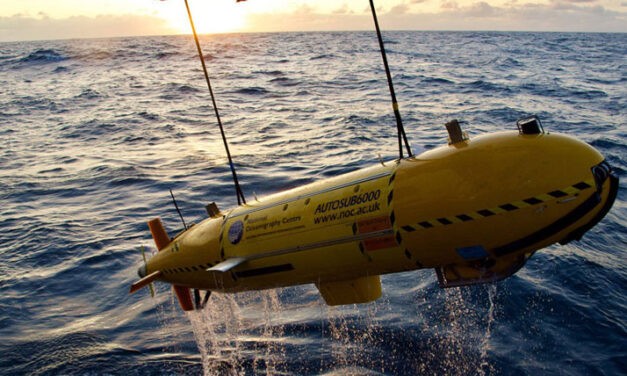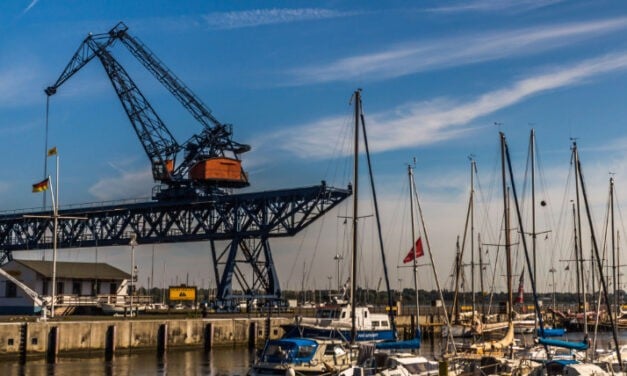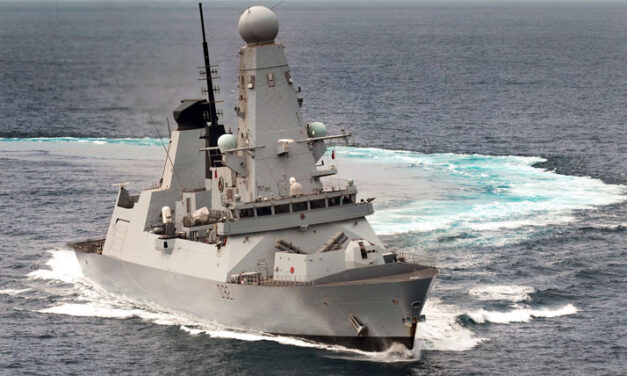BioCam produces high-quality measurements of the seabed
The seabed is still largely unexplored. This is partly due to the fact that previous measurement methods either produce high-resolution images of a very small area or less detailed images of larger areas. In both cases, the evaluation of the measurement results is also time-consuming and labour-intensive. The BioCam measurement method is intended to provide a remedy. The new 3D deep-sea camera was developed at the British University of Southampton in co-operation with the company Sonardyne. The camera was mounted on a Sonardyne Autosub 6000 autonomous underwater vehicle (AUV) for testing at the beginning of October. The deployment test took place 160 kilometres northwest of the Scottish mainland, in the Darwin Mounds area...
Weiterlesen






Latest comments